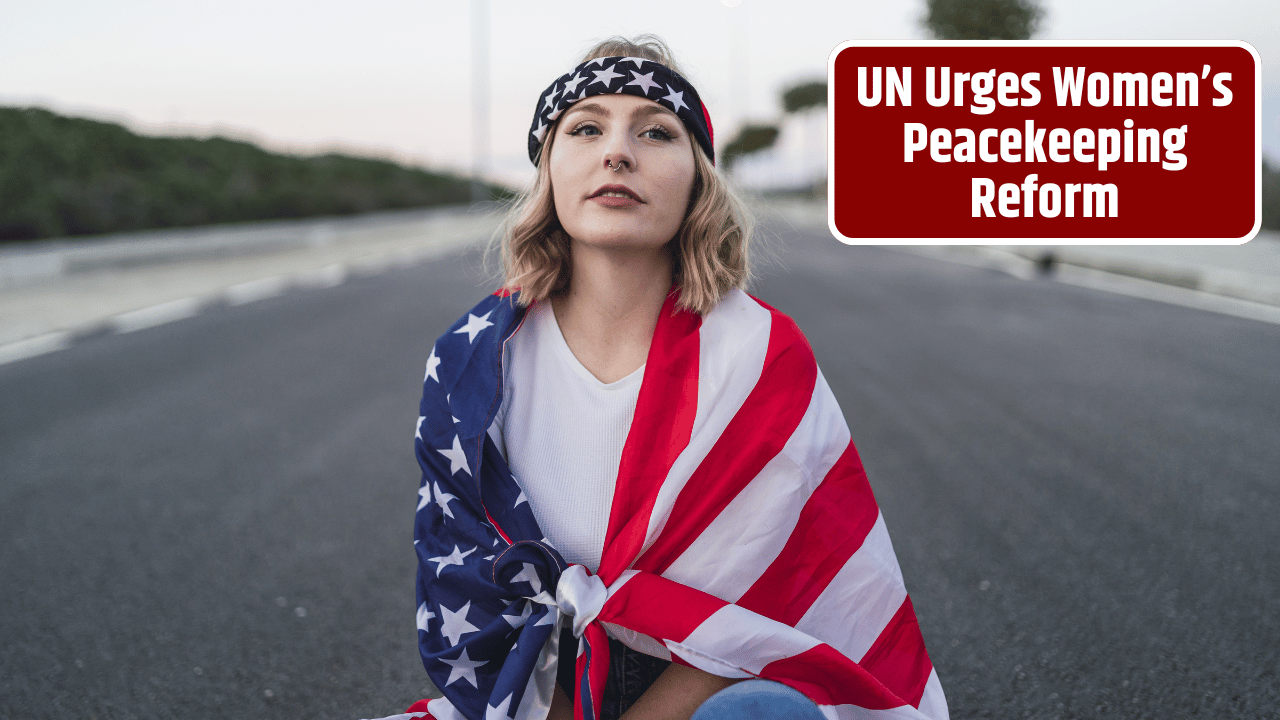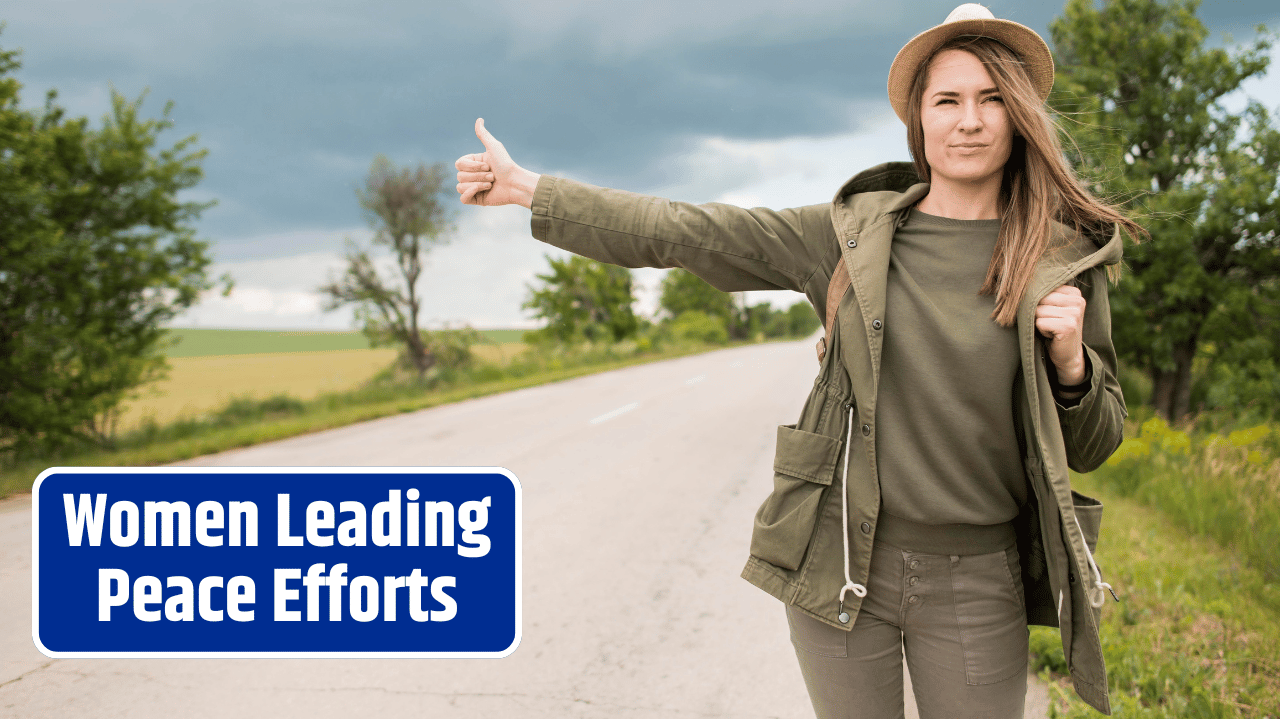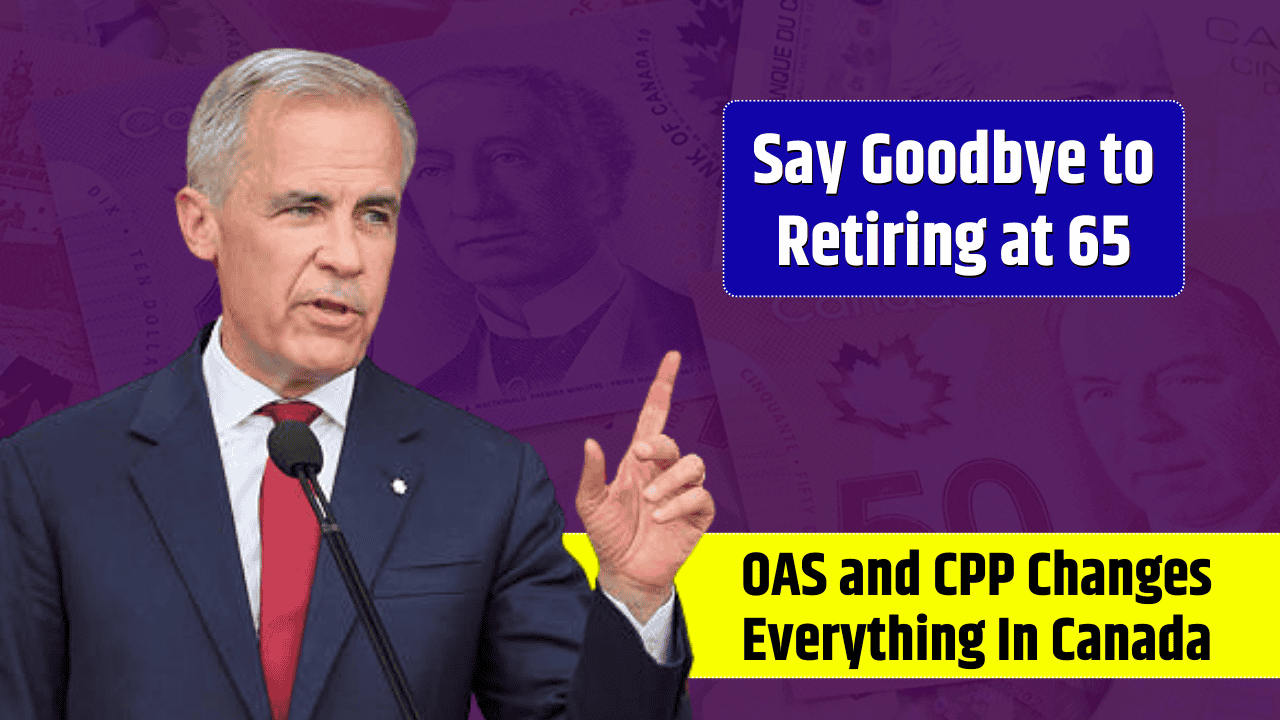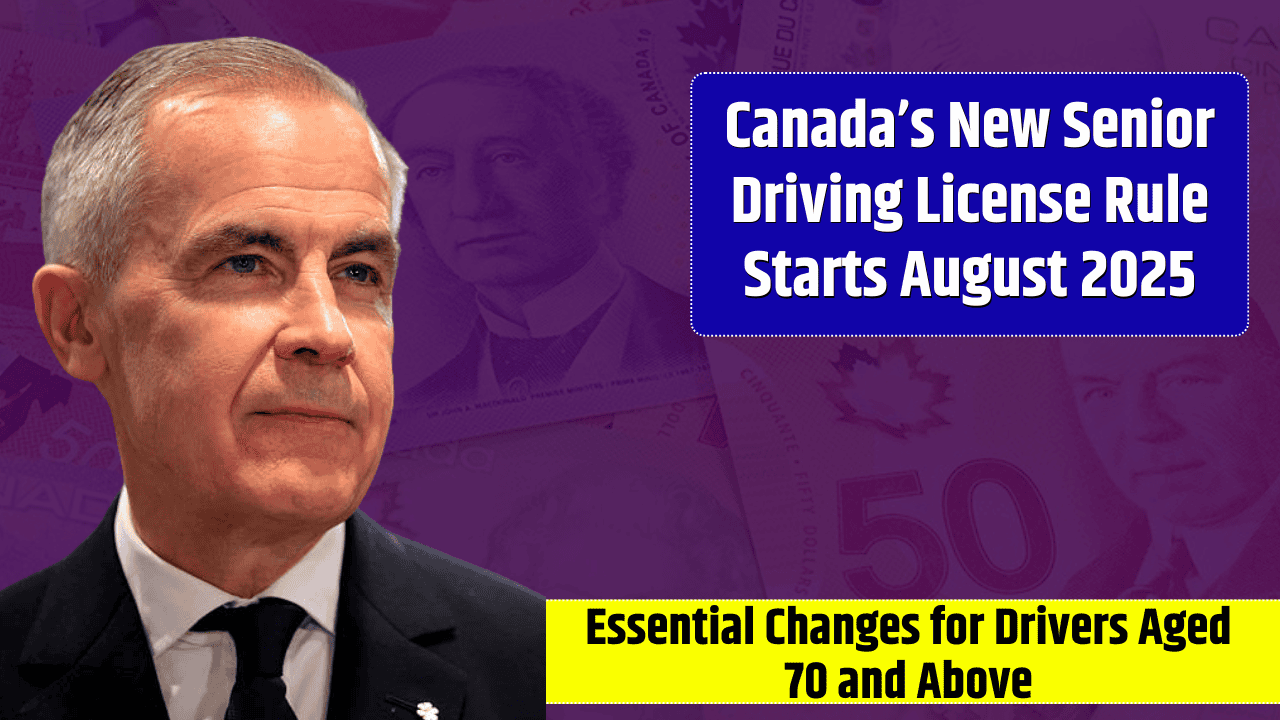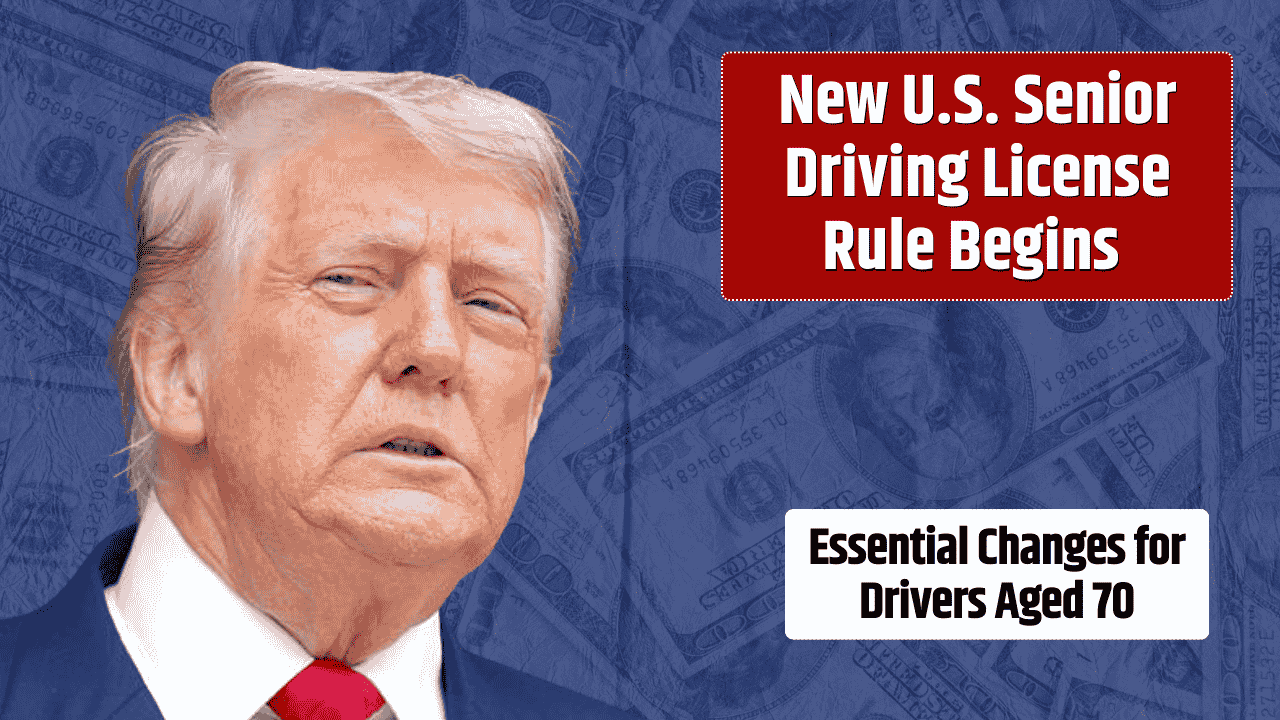The United Nations has been running peacekeeping missions for over 75 years, deploying troops to war-torn regions under that signature baby-blue flag. But there’s one statistic that hasn’t budged enough despite all the talk of progress: the number of women truly empowered in these operations.
Sure, you’ll see women in uniform, some even in leadership. But scratch beneath the surface, and the story is a lot less inspiring. The UN just called for urgent reforms to fix that. The question is… will this be yet another hollow resolution?
Let’s unpack what’s happening—no jargon, no fluff.
Table of Contents
Why This Matters: Peace Needs More Than Just Guns
You’d think peacekeeping is all about troops, tanks, and standing between two sides waving rifles. But peace isn’t just brokered with weapons—it’s built with trust. And women, especially in conflict zones, are often better at forging those human connections.
From talking to survivors of sexual violence to understanding the social fabric of local communities, female peacekeepers bring something irreplaceable. Yet, they remain underrepresented—both in numbers and in the actual decision-making.
Here’s the ugly truth: as of 2024, women make up just around 6% of UN uniformed personnel. In leadership? Even fewer. That’s despite multiple UN resolutions over the years (like Resolution 1325) promising gender parity.
So What’s the UN Actually Saying Now?
Last week, the UN called for urgent reforms to boost women’s participation and authority in peacekeeping missions. This isn’t just about ticking boxes—it’s about fixing deep structural issues:
- Unequal deployment opportunities
Many contributing countries still see women as “unfit” for frontline roles. Old-school mindsets die hard. - Safety and infrastructure gaps
Bases often lack gender-sensitive facilities, making it hard for women to live and serve with dignity. - Promotion bottlenecks
Female officers report being passed over for leadership posts, even when more qualified.
The Secretary-General’s office says change needs to happen “at every level”—from recruitment to command. But… we’ve heard similar promises before. What’s different this time?
Maybe This Time It’s Real?
To be fair, there’s a bit of momentum. In 2025, for the first time, a peacekeeping mission in Africa appointed a gender-balanced leadership team. Plus, countries like Ghana, India, and Rwanda are starting to push more women into active peacekeeping roles.
Even the UN’s Department of Peace Operations has begun tying funding to gender targets. That’s big. If troop-contributing countries want the paycheck, they may need to show real female representation.
Still, critics say the whole system needs an overhaul. Not just numbers. Culture. Policy. Attitudes.
The Real Stakes: What Happens If This Fails?
Let’s not sugarcoat it: peacekeeping missions have had their dark moments. Allegations of sexual exploitation, failure to protect civilians, and lack of local trust have haunted the UN for decades. Empowering more women is a key fix—not just a nice-to-have.
Studies show that peace agreements are 35% more likely to last at least 15 years when women are involved in the process. That’s not some fluffy stat. That’s survival, stability, and rebuilding nations from rubble.
And for the women living in conflict zones—those who’ve lost homes, families, and safety—seeing another woman in uniform can mean the difference between silence and speaking up.
What’s Still Missing?
The call for reform is important, but vague. The UN hasn’t set clear, enforceable quotas. Nor has it laid out any consequences for countries that block women from frontline roles.
And then there’s the elephant in the room: accountability. You can’t just hand out blue helmets and hope sexism disappears. Until there’s real enforcement—real cultural change—progress may stay stuck in committee rooms and PowerPoints.
Quick Comparison: Where Are the Women in Peacekeeping?
| Role Type | % Women (2024) | Target by 2030 |
|---|---|---|
| Military Personnel | 6% | 15% |
| Police Personnel | 19% | 25% |
| Senior Leadership Roles | <10% | 30%+ |
Alright, So What Now?
The UN says it wants more female peacekeepers in the field, more women in decision-making roles, and safer, more inclusive working conditions. Great. Now prove it.
It’s time to move from statements to systems. From targets to transformation. Because if we keep sending peacekeepers into fragile zones without the full force of diverse voices, we’re not keeping peace—we’re just delaying the next collapse.
FAQs
Why are women so underrepresented in peacekeeping?
Outdated military norms, lack of infrastructure, discrimination, and limited promotion paths all contribute.
Is the UN imposing quotas?
Not officially. There are target percentages, but most are non-binding.
Do women peacekeepers really make a difference?
Absolutely. They improve communication with local communities, reduce instances of abuse, and help rebuild trust.
Which countries are leading in deploying female peacekeepers?
India, Rwanda, Ghana, and Bangladesh are some of the more proactive contributors.

